-

Nano-Bio Regenerative Medical Institute
The Nano-Bio Regenerative Medical Institute has been established to contribute to medical technological and academic development through comprehensive animal and clinical researches based on nano-based tissue engineering and regenerative medicine, in which the institute especially has a pioneering role in bio-3D printing and space biology fields.
-
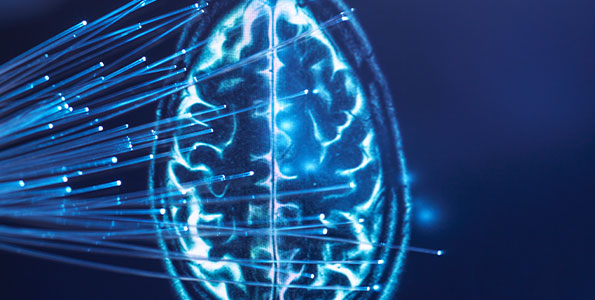
Laboratory of Brain & Cognitive Sciences for Convergence Medicine
The Laboratory of Brain & Cognitive Sciences for Convergence Medicine was established to study human sensory perception and the interaction between multiple senses from both peripheral and central nervous system perspectives, as well as to train researchers in related fields.
-
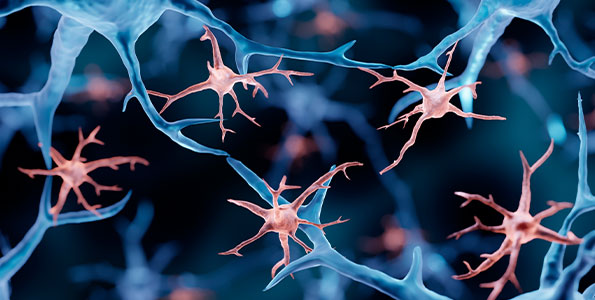
Hallym Institute of Epilepsy Research
The Hallym Institute of Epilepsy Research has been established in November 2006 in cooperation with the Hallym University College of Medicine and Hallym University Medical Center to clarify the pathogenesis of epilepsy and develop new treatments, in which the institute is the only joint institute researching basic and clinical medicine in Korea where several domestic basic and clinical medicine scientists participate. With the Basic Research Division, Antiepileptic Drug Efficacy Research Division, and Epilepsy Disease Research Division affiliated, the institute builds a database including basic research on epilepsy at the front line of clinical research, epidemiology, etiology treatment of epilepsy, and characteristics of epilepsy patients. The institute also performs and clinical research performs internal activities including specific policy research on epilepsy, exchange of technical information, and joint research with external institutes.
-

Laboratory of New Frontier Research
The Laboratory of New Frontier Research has the purpose to build a systematic and integrated research support system for young doctors at the front line of clinical practice, obtain source technologies required for patient diagnosis, treatment, prevention, and establish an educational system to train competitive next-generation medical CEOs. The goal of the institute is to support commercialization and industrialization of convergent∙integrated R&D research through the industry-university-research-hospital consortium.
-

Mind Neuro-Modulation Laboratory
The Mind Neuro-Modulation Laboratory performs research to develop drugs and medical devices for neuroregulation, develop clinical techniques to control the mind (emotions, thoughts) and behavior, and establish effectiveness of these factors.
-

Complementary and Alternative Medicine Research Institute
Complementary and alternative medicine embraces the wide range of treatment philosophies, approach methodologies, and treatments unlike conventional medicine which is evidence based medicine, in which the Complementary and Alternative Medicine Research Institute aims to verify the effectiveness of complementary and alternative medicine utilizing scientific and objective methods.
-

Institute of Social Medicine
The Institute of Social Medicine researches basic and realistic tasks in social phenomena related aspects of medical health issues. The institute focuses on research especially regarding the medical system, supply and demand of medical care, health insurance, health promotion, local health projects, medical institution management, and industrial health in which medical health issues are studied through various academic approaches including medicine, economics, sociology, and anthropology.
-
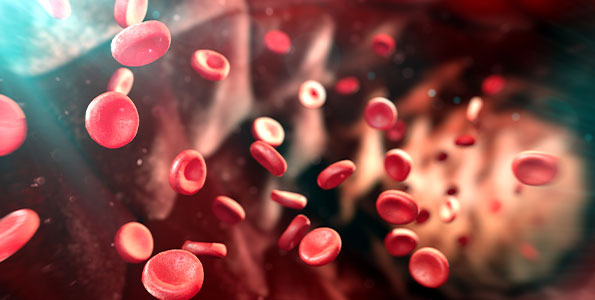
Institute of Cell Differentiation and Aging
The Institute of Cell Differentiation and Aging has the goal of contributing to the advancement of academic knowledge by revealing and summarizing causes and mechanisms of cell differentiation and aging in the human body, and to the promotion of human health welfare by developing new pharmaceuticals and medical technologies through individual and joint research, seminars, symposiums, and exchange with other research institutes.
-
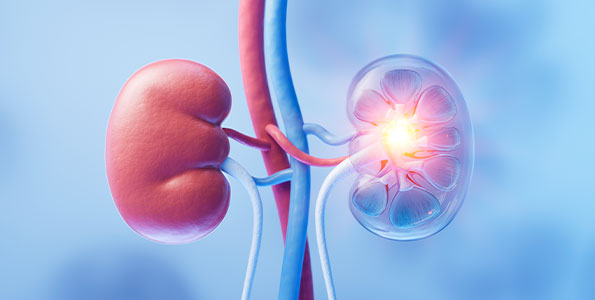
Kidney Research Institute
The Kidney Research Institute aims to contribute to the improvement of medical education and enhancement of national health by performing epidemiological studies on kidney disease and improving·developing·advancing basis studies, treatments, and preventive methods to identify the cause of diseases and clinical features. The institute conducts joint research with the Department of Internal Medicine, as well as with basic and clinical researchers specializing in kidney-related studies.
-
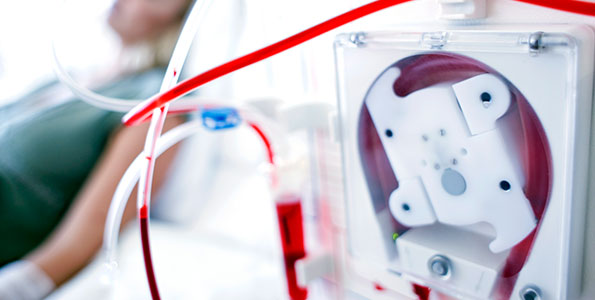
Institute of Medical Science
The Institute of Medical Science has been launched in August 1988 to contribute to the improvement of health by promoting biomedical science research, which is the foundation of medical development. The institute endeavors to vitalize joint research between medical schools and classes in addition to the promotion of joint research between basic and clinical medicine. It also regularly opens seminars to actively exchange with external researchers.
-

Institute of Medical Education
The Institute of Medical Education is in charge of improving medical education throughout overall medical education including research on ideology, goals, implementation processes of medical education, improvement of medical education curriculum, teaching methods, learning activities, evaluation methods, and learning environments. Recently, the institute has especially published the most papers on medical education evaluation and measurement research in the field.
-

Institute for Suicide Research and Student Mental Health
The Institute for Suicide Research and Student Mental Health has been a Ministry of Education policy centered institute from October 2012 to October 2021 which is a institute specialized for promotion of mental health and suicide prevention for school-based students. The institute has contributed to building a national database on child and adolescent suicides in Korea by conducting psychological autopsies and analyzing teacher-based suicide case reports. Leveraging its expertise in psychiatry, the institute has also formed a multidisciplinary research team to support various Ministry of Education policies and promote student mental health nationwide. The institute is developing into a leading research institute in Korea specialized in suicide based on these achievements by expanding the subjects from children and adolescents to adults.
-

Chuncheon Translational Medical Research Center
The Chuncheon Translational Medical Research Center supports multidisciplinary research for the vitalization of joint research covering basic experiments to clinical research between the basic classes at Hallym University College of Medicine and clinical doctors at Chuncheon Sacred Heart Hospital. Since its establishment in 2012, the institute has regularly hosted seminars to promote joint research between the College of Medicine and clinical physicians. It also supports a range of essential tasks—such as enhancing research capabilities for translational research and assisting with the execution of clinical and basic research projects—through a mentoring system.
-
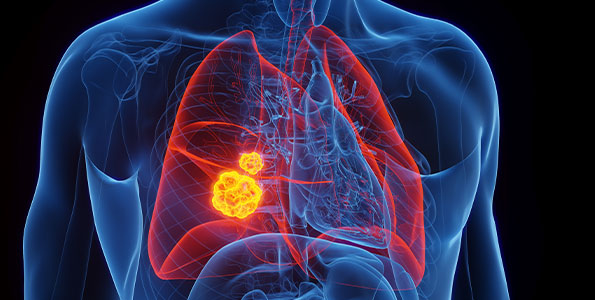
The Lung & Allergy Research Institute of Hallym University College of Medicine
The Lung & Allergy Research Institute of Hallym University College of Medicine was established to contribute to social development by promoting development of research on lung diseases through technology and information exchange and joint research with external organizations and sharing knowledge for systematic research covering basic research to clinical diseases.
-
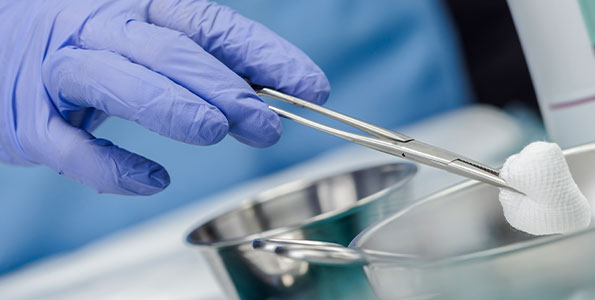
Hallym University Burn Research Institute
Hallym University Burn Research Institute aims to contribute to the advancement of both basic and clinical medicine related to burn treatment through collaborative research. It conducts a wide range of studies—from fundamental research on burns to diverse clinical research—working in partnership with the Hallym University College of Medicine, the Ilsong Foundation Medical Center, and other external research institutions.
-
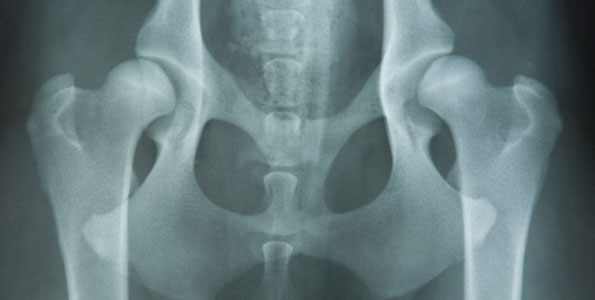
Hallym Institute for Skeleton Aging Research
Hallym Institute for Skeleton Aging Research was established to perform a role for medical advancements and pioneering in various clinical fields including artificial joints, geriatric fractures, and arthritis by operating molecular biological, biological, biomedical engineering, and clinical research systems regarding aging related musculoskeletal diseases related to aging. In the basic research field, the institute conducts studies on the in vivo responses to biomaterials, the discovery of substances that promote bone formation, and the development of therapeutic agents for arthritis, aiming to overcome osteolysis following artificial joint replacement. On the clinical side, it contributes globally to the treatment of skeletal diseases by improving joint surgery techniques, providing basic and clinical training programs in developing countries, and supporting the enhancement of clinical care systems.
-
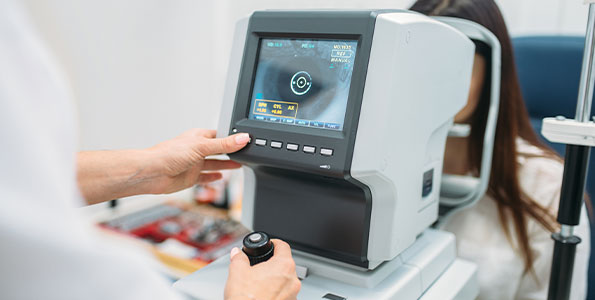
Hallym BioEyeTech Research Center
The goal of Hallym BioEyeTech Research Center is to create a step stone for diagnosis and treatment by identifying the causes and pathogenesis of various ophthalmic diseases, in which concepts are verified and possibilities of clinical implementation are researched by deriving new knowledge and applying diagnosis tic preventive treatment for ophthalmic diseases.
-
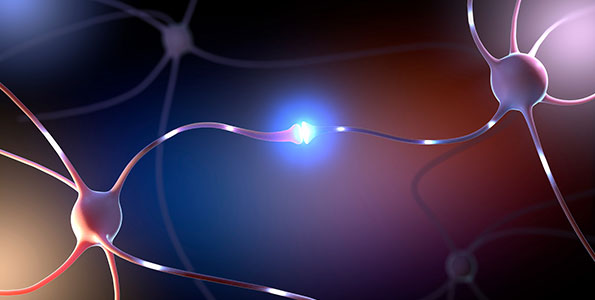
Hallym Neurological Institute
Hallym Neurological Institute aims to improve patient diagnosis and treatment quality focusing on clinical fields by developing integrated academic competence in relevant fields, to create and research basis data of political development to enhance health social issues regarding neurological diseases. The institute also aims to strengthen international academic competence and promote exchange among experts in relevant fields.
-

Institute of Natural Medicine
The Institute of Natural Medicine supports efficient development of medicines and functional foods by investigating and researching bioactivity of natural medicine. Publication of experimental research and research results, and exchange of academic information are performed.


